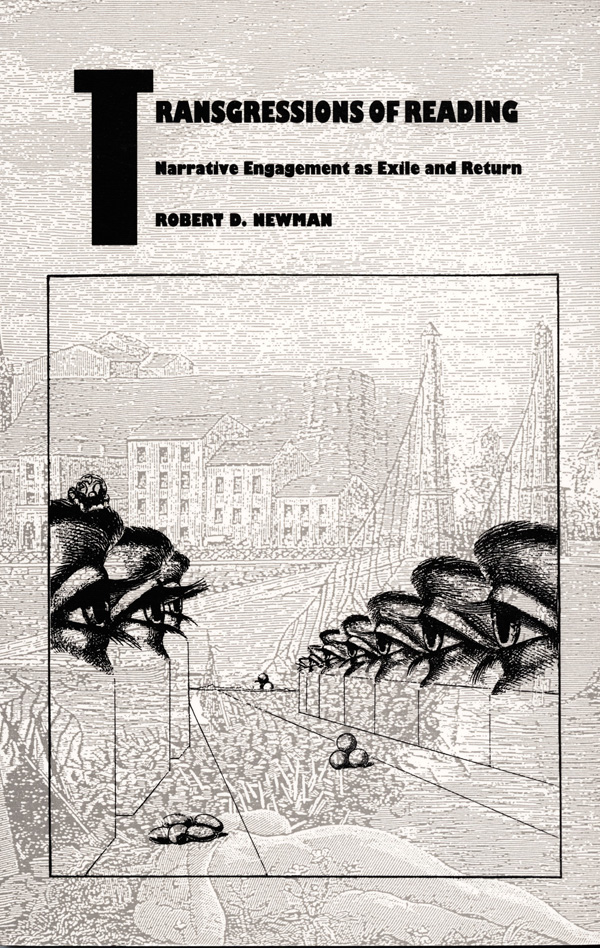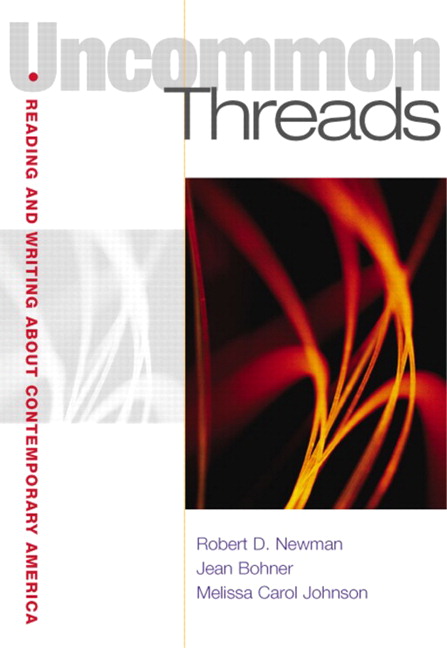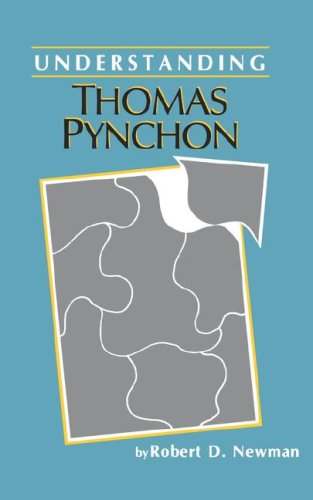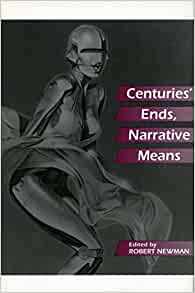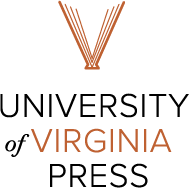Selected Articles
What Will the Humanities Look Like in a Decade?
The Humanities in the Age of Loneliness
Rage and Beauty: Celebrating Complexity, Democracy, and the Humanities
Saving the Humanities and Ben Franklin’s Ass
Books
Transgressions of Reading: Narrative Engagement as Exile and Return
Durham (N.C.): Duke University Press, 1993
Newman describes the psychodrama of narrative engagement as that of exile and return, an experience in which narrative becomes a type of homeland, beckoning and elusive, endlessly defining and disrupting the borders of a reader’s identity. Within this paradigm, he considers a fascinating variety of narrative texts: from the Jim Jones episode in Guyana to Freud’s repression of personal history in his story of Moses; from a surrealistic collage novel by Max Ernst to the horror films of Alfred Hitchcock; from the works of James Joyce, Ariel Dorfman, Milan Kundera, and D. M. Thomas to the tales of abjection in pornography.
Uncommon Threads: Reading and Writing about Contemporary America
New York: Longman Publishing, 2003
Organized around intriguing pairings of topics—fashion and spirituality, learning and lifestyles—that are central to contemporary culture, this provocative reader engages students because it focuses on the issues that most interest and trouble them. Pedagogical apparatus explores the interrelationships between related readings, and writing assignments investigate of the contexts of popular culture via printed texts and the World Wide Web. This critical, but engaging reader invites students to explore how we manufacture personal and group identities and conceptual categories and helps them recognize the part they play in the dynamic dialogue between the way culture frames our explanations about it—and the way our explanations produce the culture.
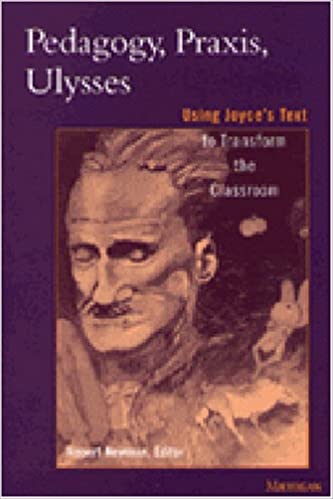
Pedagogy, Praxis, Ulysses: Using Joyce’s Text to Transform the Classroom
Ann Arbor: University of Michigan Press, 1996
Pedagogy, Praxis, Ulysses approaches Joyce’s novel not simply as a text to be examined, but as a touchstone to generate theoretical and practical ideas for innovation in teaching. The collection employs Ulysses as a springboard for thought-provoking questions about how we read, learn, and teach—and about how new, open-minded approaches to pedagogy can communicate to students the value of interpreting as a strategy of survival, and questioning as a vital technique for experiencing life.
Understanding Thomas Pynchon
Columbia (SC): University of South Carolina Press, 1986
Understanding Thomas Pynchon presents accessible readings of the early work of one of America’s most complicated and influential contemporary authors. The chapters discuss his first collection of stories, Slow Learner, as well as his groundbreaking early novels, V. and The Crying of Lot 49. The final chapter discusses his epic and most important novel, Gravity’s Rainbow, considered one of the monumental publications of the twentieth century which tells the story of the degeneration of the western world.
Centuries’ Ends, Narrative Means
Stanford: Stanford University Press, 1996
This pathbreaking work uses the approaching conclusion of the second millennium as a context for discussing questions concerning temporal division and narrative continuity. It investigates assumptions about teleology and eschatology while exploring the ways in which temporal division affects the creation and production of cultural texts and, reciprocally, the ways in which narrative techniques, forms, and conventions shape, explain, and justify history.
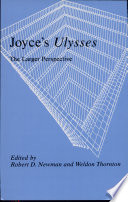
Joyce’s Ulysses: The Larger Perspective
Newark: University of Delaware Press, 1987
All fifteen essays in this collection are concerned with the primacy of the novelistic aspects of Ulysses and how it achieves its meanings. Together they seek to redress the tendency of some recent critics to regard Ulysses as a compendium of techniques or a treatise.
Cultural Frames, Framing Culture
Charlottesville: University of Virginia Press
The Cultural Frames, Framing Culture series examines both the way our culture frames our narratives and the way our narratives produce the culture that frames them. Attempting to bridge the gap between previously disparate disciplines, and combining theoretical issues with practical applications, this series invites a broad audience to read contemporary culture in a fresh and provocative way.




